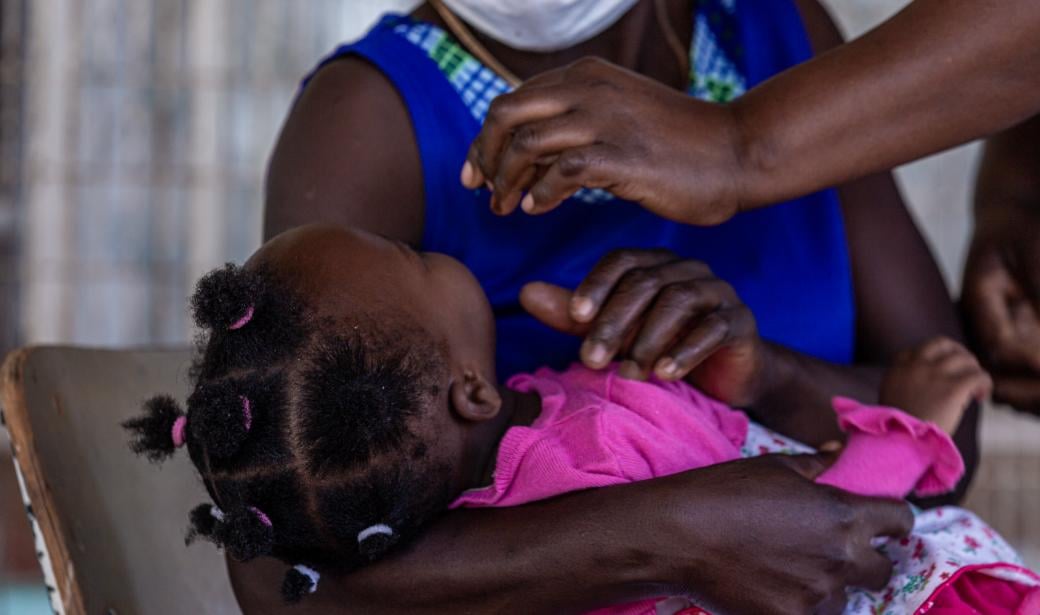
According to the Global Health Consortium, (2012), vaccine-preventable diseases are responsible for nearly 20% of the 8.8 million deaths per year among children.
As of 2012, Uganda had one of the largest populations of unimmunized children in Eastern and Southern Africa. Out of the 19 countries in the region, Uganda came in at 18 (second last) in 2011.
In 2012, Uganda came in last, at position 19, according to Dr. Jacinta Sabiiti, the then Programme Manager Uganda National Expanded Programme on Immunization (UNEPI).
The sustainable development goals (SDGs), target (3.2) for ending preventable deaths of newborns and children under age 5 is to reduce neonatal mortality to at least 12 per 1000 live births and under-5 mortality to at least 25 per 1000 live births.
The 2019 estimates produced by the United Nations Inter-agency Group for Child Mortality Estimation (UN IGME) led by UNICEF including World Health organisation (WHO), the World Bank Group and the United Nations Population Division indicated that infant deaths reduced from 56 deaths per 1,000 live births in 2011 to 43 deaths per 1,000 live births in 2016
However, in 2018, the Ministry of Health announced an outbreak of measles in 26 districts across the country. Health Minister, Dr. Jane Aceng named the most affected districts as Amuru in northern Uganda, and Kamuli, Mbale, and Butebo in the Eastern side of the country.
It must be remembered that smallpox which was one of the world’s most devastating diseases known to humanity was declared eradicated in 1980 following a global immunization campaign led by the World Health Organization, (WHO 2019). This provides uncompromised proof that vaccination is one of the greatest interventions of reducing child mortality rates in any party of the world.
From 16th -22nd October 2019, Uganda went into a national Measles-Rubella and polio vaccination supported by WHO which saw over 10 million children under 15 years of age get vaccinated. It was remarkable as the minister involved herself in a vaccination showpiece exercise.
Besides massive support and turn up from our indigenous Ugandans, across the country, there was also commendable turn up from non-nationals which indicated the confidence in the efficacy of the vaccines and our health system in general.
It must be noted that immunization is a legal mandate of the government of Uganda under the 1995 constitution, as amended. The Immunization Act of 2017 provides for compulsory immunization of children, women of reproductive age and other target groups against immunizable diseases.
The campaign was a multi-sectoral activity that involves the Ministry of education and sports, security, gender labor, and social development, local government, Presidency among others. It was witnessed and recorded that the campaign went smoothly.
There was the active involvement of security, religious, cultural, patriotic leaders, social groups such as rotary, lions club, civil society groups, private sector, and the general community.
Nonetheless, the general public is urged to take responsibility of ensuring vaccination of children against measles–Rubella, polio, Diarrhea, Cervical cancer, Diphtheria, among others at all health facilities across the country as efforts of curtailing child mortality for a healthy and productive generation.
A healthy person, a healthy Uganda. For God and My Country.
The writer is a public health specialist founder and at director Purpose Health Care Africa